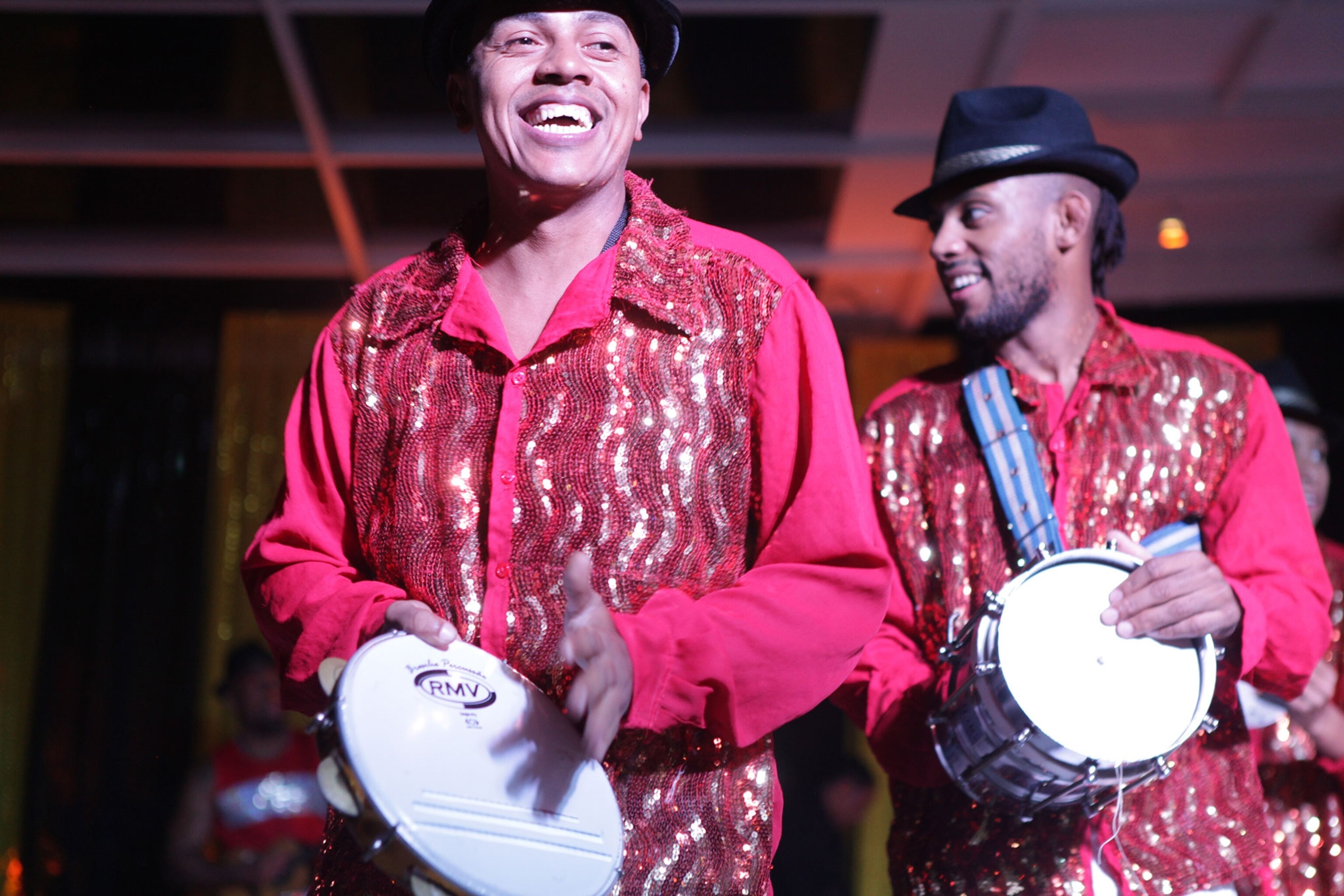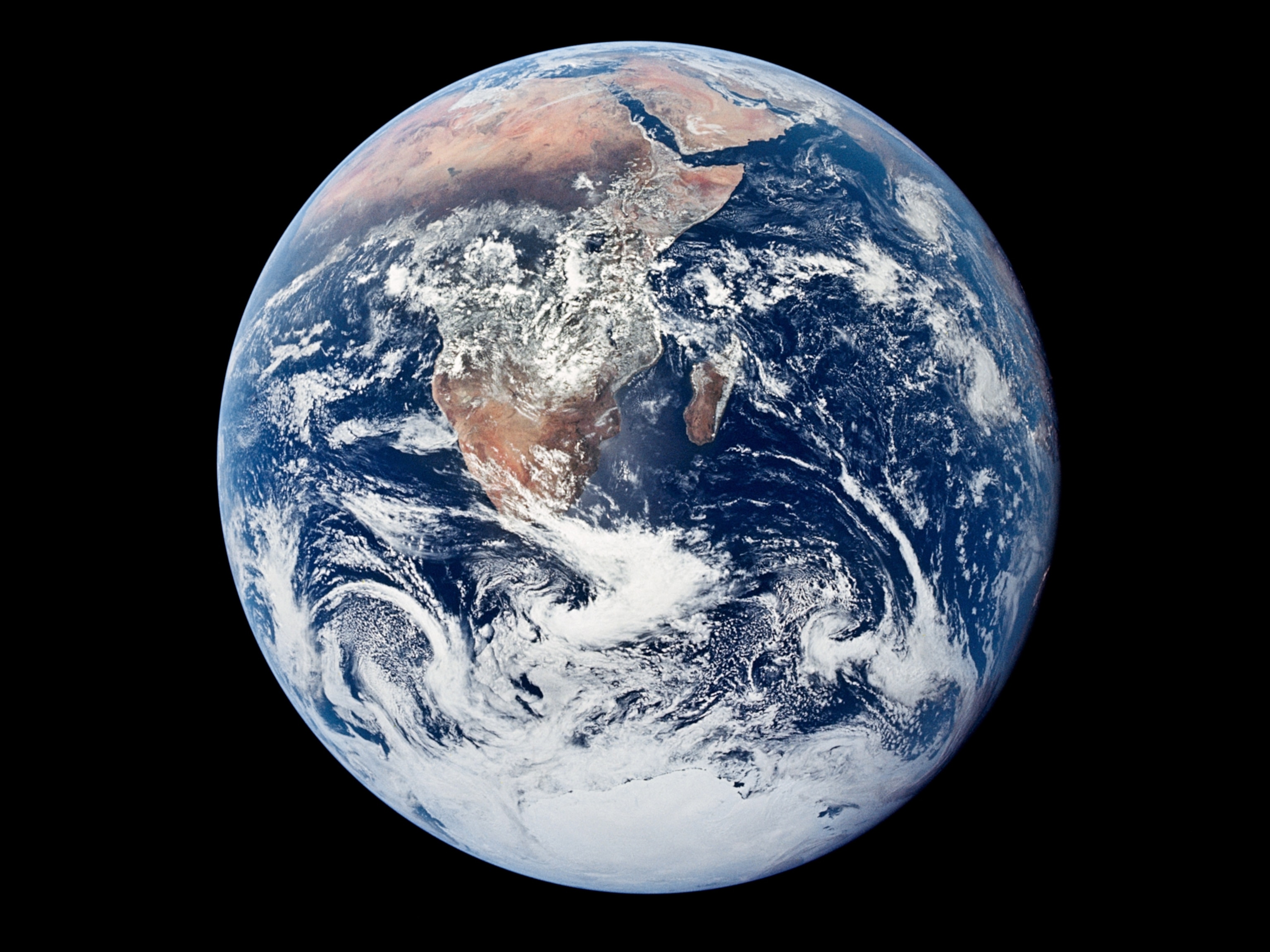
How to visit (some of) the world’s best music cities
On International Music Day, get inspired by these five musical meccas.
From nursery rhymes to funeral hymns, music touches every aspect of our lives. It helps us remember and communicate, conform and resist; it makes us feel good. Some have even suggested it’s one of the things that makes us truly human.
In 1975, UNESCO’s International Music Council named October 1 International Music Day to celebrate the enduring art, and to encourage peace and friendship among nations—which also happens to be a goal that travel can accomplish well. So while picking a handful of destinations from among the world’s many musical cities might be a fool’s errand, here are some spots renowned both for their live performance scenes and for their impact on music around the world.
Austin
“The thing about Austin is, its reputation as a music city isn’t bogus,” says Chris Richards, a music critic for the Washington Post.
Long a home to Americana, folk, and country, the hip Texas city also boasts Austin City Limits and SXSW, two juggernauts that have set the global template of multi-day festivals, says music journalist Tabassum Siddiqui. Both make a point to include blockbuster headliners like Paul McCartney as well as up-and-comers among their hundreds of acts. Richards also points to the city’s “incredible” hardcore punk as a vibrant “shadow scene” on the margins of more mainstream genres. Austin’s “livability fosters a variety of acts,” says Siddiqui.
For neon-lit honky tonk, check out the White Horse. To experience the legendary Austin City Limits live in person, head to the Moody Theater. And for the crème de la crème of rock and roll dives, look no further than Beerland.
Other great North American music cities: New Orleans, Toronto, Havana
Stockholm
If you’ve listened to any kind of pop in the last few decades, chances are pretty good a Swedish artist had something to do with it.
“Sweden just seems to have infiltrated the global pop market,” says Siddiqui. Artists from ABBA to Zara Larsson are easy to spot, but Swedish songwriters are even more influential, writing hits in genres from K-pop to indie folk. “Everybody’s music literate,” says Richards, approaching their love of music with a meticulous studiousness that speaks to the culture’s strong educational and financial support of the art. Acts of all sizes from around the world tour in Stockholm, and many—like Backstreet Boys—travel there to learn from songwriting greats. And Stockholm-based streaming powerhouse Spotify’s influence on world music can’t be understated.
But Stockholm’s live music scene remains second to none. Venues like Debaser Medis draw indie acts (Godspeed You! Black Emperor) and global headliners (Imagine Dragons). Built for intimate crowds, spots like historic Södra Teatern dot the musical district of Södermalm.
Other great European music cities: Berlin, Reykjavik, Dublin
Seoul
The British Invasion of American music in the sixties has been matched—if not exceeded—by this decade’s K-pop invasion of, well, everywhere. Korea’s carefully strategic nurturing of “idol groups” packaged for international as well as domestic markets has made Seoul a hotbed of pop.
But that’s not all there is to Seoul’s music: You name it, they’ve got it. “The city’s scene seems to be thriving, thanks to having lots of music venues of all kinds, from jazz bars to cafes where you can sit and listen to vinyl. The clubbing scene there is huge: Hometown DJs play to big crowds … and the R&B scene is on the rise as well,” says Siddiqui. Indie rock and punk metal also get their spot in the limelight.
The city’s 10 million-strong population (about the size of all of Sweden) comes out in force to live shows as well, making it a can’t-miss stop for touring artists and a smorgasbord for visiting music lovers. Café Veloso hosts acts of all kinds, as does Strange Fruit. The Hongdae area is the “ground zero” of music, though as gentrification takes hold, many venues are looking to find new homes elsewhere in the enormous city.
Other great Asian music cities: Tokyo, Sinagpore, Hamamatsu
Johannesburg
South Africa’s capital has seen its share of strife, and its music has emerged as a powerful reaction to the people’s struggles against apartheid and its racist legacies.
“In the 1950s, black musical artists were outspoken about their oppression,” writes Lawrence Burney for Vice. Now younger artists, growing up post-apartheid and free from the censorship laws that constrained their mentors, are tackling the same issues in new styles.
There's trap and hip-hop setting a Joburg spin on American genres; there's the traditional music of the city's dozen-plus ethnic groups, plus pop, house, and classic jazz. The Brooklyn-born Afropunk Fest, an annual showcase of black talent in music, fashion, film, and art, expanded to Johannesburg in 2017. For live music, hit up Bassline, or find house and pop at high-flying clubs like Liquid Blue and unbeatable jazz at the famous Orbit.
Other great African music cities: Addis Ababa, Brazzaville, Essaouria
Rio de Janeiro
Some might think Rio’s musical star faded from its 1960s height, when bossa nova classic “Garota de Ipanema” (or “The Girl from Ipanema”) became a global hit. But Brazil’s legendary city has plenty to offer a new millennium.
MPB (música popular brasileira, or Brazilian pop), sertenejo, and choro are national mainstays that also find a place in Rio. But baile funk, a “hybridized dance music that mutates eighties Miami bass into favela culture,” is also worth the trip, says Richards. Popularized during the blogosphere’s mid-2000s explosion, the genre has been championed by the like of American DJ Diplo—but it remains a uniquely Rio sound, meant for a “beautiful, bass-heavy sound” bouncing off the walls of warehouse raves regularly served by unofficial, local night buses.
“Dance musics that are specific to a city are so powerful to me,” says Richards. “When the sound belongs to the city, the intensity of that communion is amplified a hundredfold. Even as a tourist, you can feel it.” Even for those who can’t understand the (“absolutely filthy”) Portuguese lyrics, the thumping bass “speaks to the universal ear,” he says.
“Obviously you can say a million corny things about music as the universal language,” Richards adds. “But I do feel there’s something human that happens on any kind of dance floor.”
Other great South American music cities: Bogotá, São Paulo, Buenos Aires
You May Also Like
Go Further
Animals
- Octopuses have a lot of secrets. Can you guess 8 of them?
- Animals
- Feature
Octopuses have a lot of secrets. Can you guess 8 of them? - This biologist and her rescue dog help protect bears in the AndesThis biologist and her rescue dog help protect bears in the Andes
- An octopus invited this writer into her tank—and her secret worldAn octopus invited this writer into her tank—and her secret world
- Peace-loving bonobos are more aggressive than we thoughtPeace-loving bonobos are more aggressive than we thought
Environment
- Listen to 30 years of climate change transformed into haunting musicListen to 30 years of climate change transformed into haunting music
- This ancient society tried to stop El Niño—with child sacrificeThis ancient society tried to stop El Niño—with child sacrifice
- U.S. plans to clean its drinking water. What does that mean?U.S. plans to clean its drinking water. What does that mean?
- Food systems: supporting the triangle of food security, Video Story
- Paid Content
Food systems: supporting the triangle of food security - Will we ever solve the mystery of the Mima mounds?Will we ever solve the mystery of the Mima mounds?
History & Culture
- Strange clues in a Maya temple reveal a fiery political dramaStrange clues in a Maya temple reveal a fiery political drama
- How technology is revealing secrets in these ancient scrollsHow technology is revealing secrets in these ancient scrolls
- Pilgrimages aren’t just spiritual anymore. They’re a workout.Pilgrimages aren’t just spiritual anymore. They’re a workout.
- This ancient society tried to stop El Niño—with child sacrificeThis ancient society tried to stop El Niño—with child sacrifice
- This ancient cure was just revived in a lab. Does it work?This ancient cure was just revived in a lab. Does it work?
Science
- The unexpected health benefits of Ozempic and MounjaroThe unexpected health benefits of Ozempic and Mounjaro
- Do you have an inner monologue? Here’s what it reveals about you.Do you have an inner monologue? Here’s what it reveals about you.
- Jupiter’s volcanic moon Io has been erupting for billions of yearsJupiter’s volcanic moon Io has been erupting for billions of years
- This 80-foot-long sea monster was the killer whale of its timeThis 80-foot-long sea monster was the killer whale of its time
Travel
- How to plan an epic summer trip to a national parkHow to plan an epic summer trip to a national park
- This town is the Alps' first European Capital of CultureThis town is the Alps' first European Capital of Culture
- This royal city lies in the shadow of Kuala LumpurThis royal city lies in the shadow of Kuala Lumpur
- This author tells the story of crypto-trading Mongolian nomadsThis author tells the story of crypto-trading Mongolian nomads






